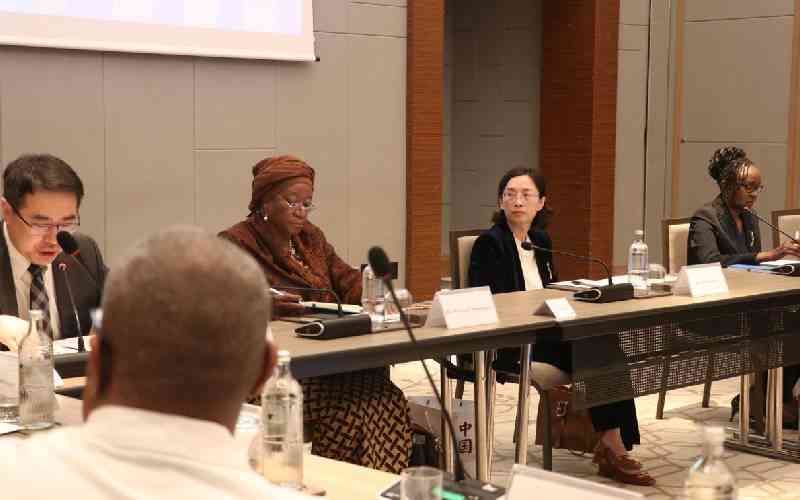
In the Congo Basin, forests are cleared each day as rivers that sustain millions of livelihoods decline. Across the Sahel, advancing deserts consume fertile land and drive families from their homes. Lake Chad has diminished sharply, leaving communities without water, food or security. These developments reveal a growing global challenge as the natural systems that support societies, economies and climate stability continue to weaken.
Conservation has become an economic and social priority that demands coordinated action from business, government and individuals. It is central to long-term resilience and sustainable growth.
Sustainable conservation depends on collaboration among governments, communities, the private sector and international institutions. Shared responsibility delivers results that endure and strengthen local economies.
Across Africa and beyond, community-led projects demonstrate how conservation can generate real value. Initiatives that combine native reforestation, sustainable agriculture, and eco-tourism create jobs while restoring ecosystems. Families secure livelihoods as natural systems recover, and communities increasingly see conservation as a source of stability and opportunity.
Education reinforces this progress. When children plant trees, explore restored landscapes, or learn about coexisting with wildlife, they develop a culture that values environmental responsibility. For business and policy leaders, supporting education and local engagement strengthens long-term economic and social stability.
Conservation is central to climate strategy. Forests, wetlands, grasslands, and oceans regulate the atmosphere, absorb carbon dioxide, and reduce the severity of droughts, floods, and storms, bolstering economic resilience. Africa, home to a quarter of global biodiversity, plays a vital role in climate regulation while facing severe environmental pressures.
Declining harvests, advancing deserts, and extreme weather underscore the urgency of large-scale ecosystem restoration, which benefits both local communities and global climate security. Yet conservation remains underfunded. Government budgets are constrained, and international financing falls short, leaving ecosystems and communities vulnerable. The private sector can fill this gap: allocating even 0.2% of global corporate profits toward restoration and biodiversity protection could drive transformative change.
Corporate engagement safeguards assets, stabilizes supply chains and strengthens long-term value, with healthy ecosystems underpinning productivity, food security, and social stability.
The author is the first African IUCN Patron of Nature and Patron of the Mount Kenya Wildlife Conservancy.







